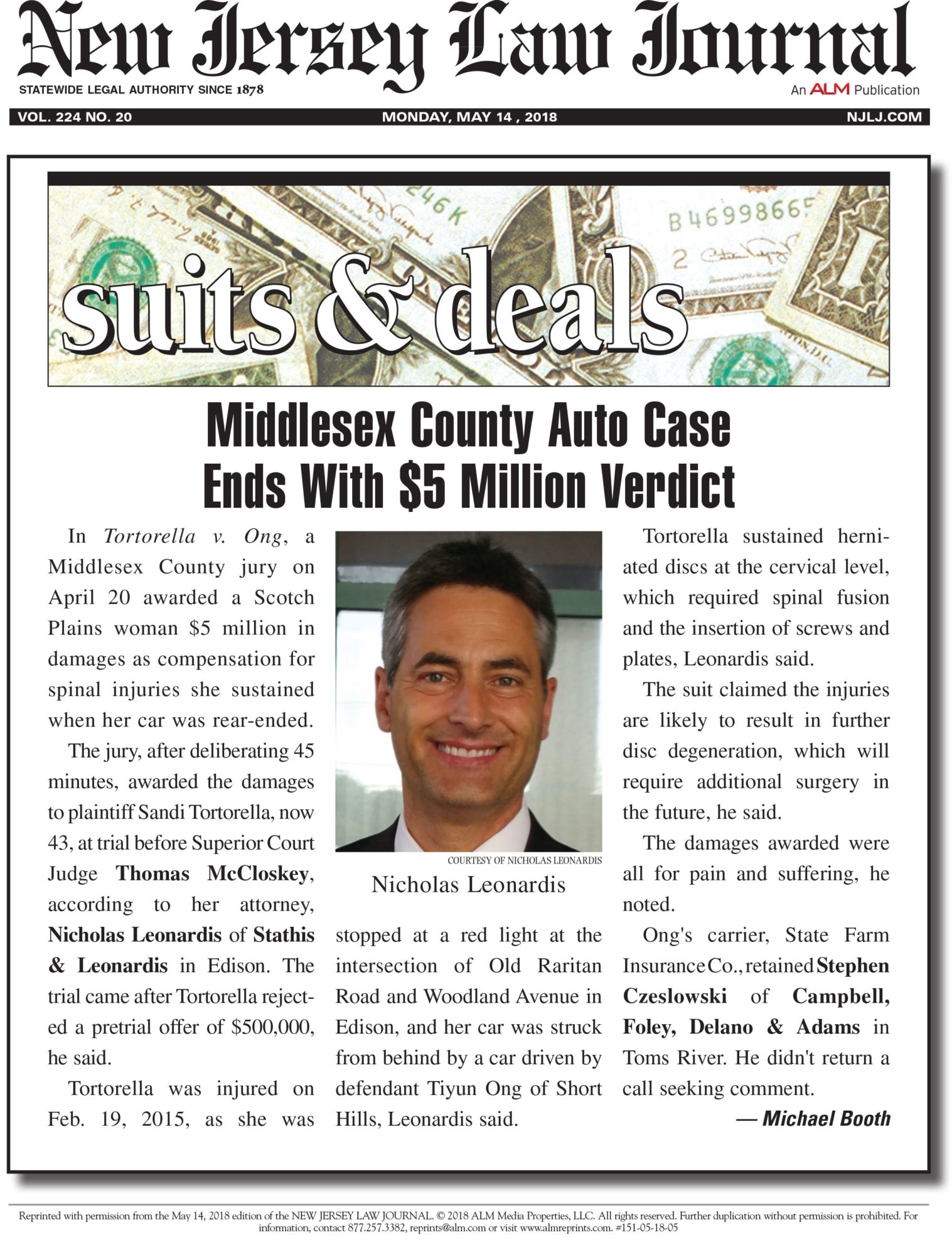
Establishing liability is one of the most important parts of a personal injury case, and a major aspect of doing so is determining whether either party was negligent. Negligence is a concept that helps determine who is at fault and responsible for the harm caused in an accident. If you were involved in an accident, understanding gross negligence and the role it can play in your personal injury case is crucial. To learn more and secure skilled representation, reach out to a knowledgeable Middlesex County personal injury attorney today.
What Is Gross Negligence in a Personal Injury Case?
When a person is found negligent, it means that they failed to exercise reasonable care, which resulted in the injury of another person. However, if that failure goes beyond a normal or reasonable amount of carelessness and veers into extreme disregard for others, it is considered gross negligence.
Gross negligence rides the fine line between negligence and intentional misconduct. It involves the failure to exercise any care or regard for the safety of others to the point that it creates an extreme risk of harm to other people and property. New Jersey state law refers to gross negligence as follows.
“Gross negligence is an act or omission, which is more than ordinary negligence, but less than willful or intentional misconduct. Gross negligence refers to a person’s conduct where an act or failure to act creates an unreasonable risk of harm to another because of the person’s failure to exercise slight care or diligence.”
Gross negligence is severe carelessness that shows a blatant disregard for the safety and lives of others. Instead of a mistake or mild oversight, it is a willful indifference to the consequences of a person’s actions. For example, if a driver glances down at their phone to answer a text and rear-ends the car in front of them, they can be found negligent. However, if they were excessively speeding, ignoring traffic signals, and texting with both hands while barely touching the wheel or looking up, that can be considered gross negligence.
How Can I Prove Gross Negligence in My Case?
Because it is much more severe than standard negligence, courts generally require more evidence to prove gross negligence. There are four main elements of gross negligence that must be demonstrated in a personal injury case.
- The defendant owed the plaintiff a duty of care
- The defendant’s behavior constituted a gross breach of the duty
- The breach directly caused the accident and injury
- The plaintiff suffered compensable harm or losses as a result
Plaintiffs must provide ample evidence, including witness testimony, expert analysis, video footage, photos, the police report, and more to prove the above elements.
If you were injured and believe the other party’s actions were grossly negligent, secure skilled representation from an experienced personal injury attorney today.






